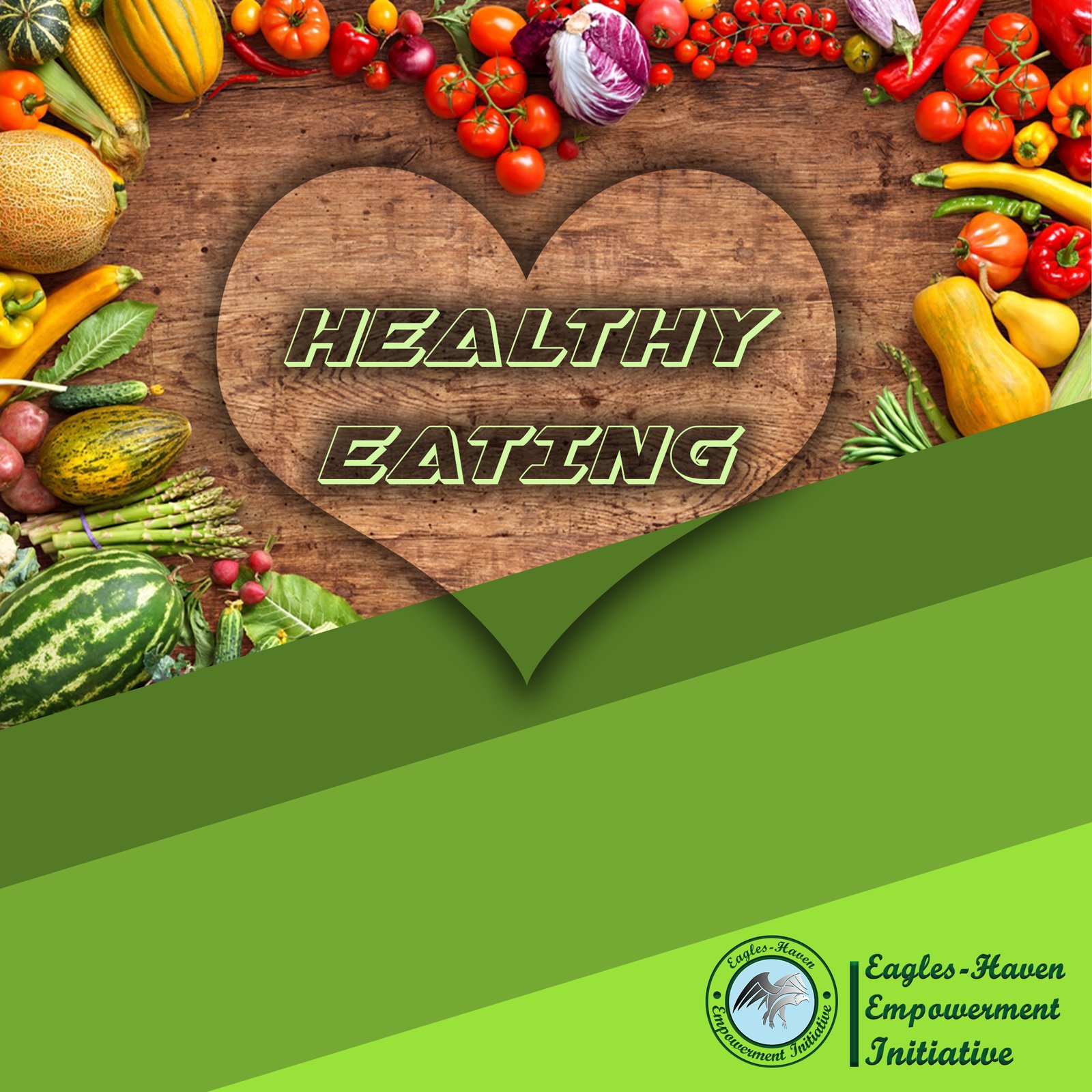Healthy eating
Eating a healthy diet is not about strict limitations, staying unrealistically thin, or depriving yourself of the foods you love. Rather, it’s about feeling great, having more energy, improving your health, and boosting your mood. The truth is that while some specific foods or nutrients have been shown to have a beneficial effect on mood, it’s your overall dietary pattern that is most important.
We all need a balance of protein, fat, carbohydrates, fiber, vitamins, and minerals in our diets to sustain a healthy body. You don’t need to eliminate certain categories of food from your diet, but rather select the healthiest options from each category.
The cornerstone of a healthy diet should be to replace processed food with real food whenever possible. Eating food that is as close as possible to the way nature made it can make a huge (positive) difference to the way you think, look, and feel. For example, an apple is better than an apple juice which is better than an apple pie.
Moderation is important in any healthy diet. In essence, it means eating only as much food as your body needs. You should feel satisfied at the end of a meal, but not stuffed.
Add more fruit and vegetables to your diet. They are low in calories and nutrient dense, which means they are packed with vitamins, minerals, antioxidants, and fiber. Focus on eating the recommended daily amount of at least five servings of fruit and vegetables and it will naturally fill you up and help you cut back on unhealthy foods.
